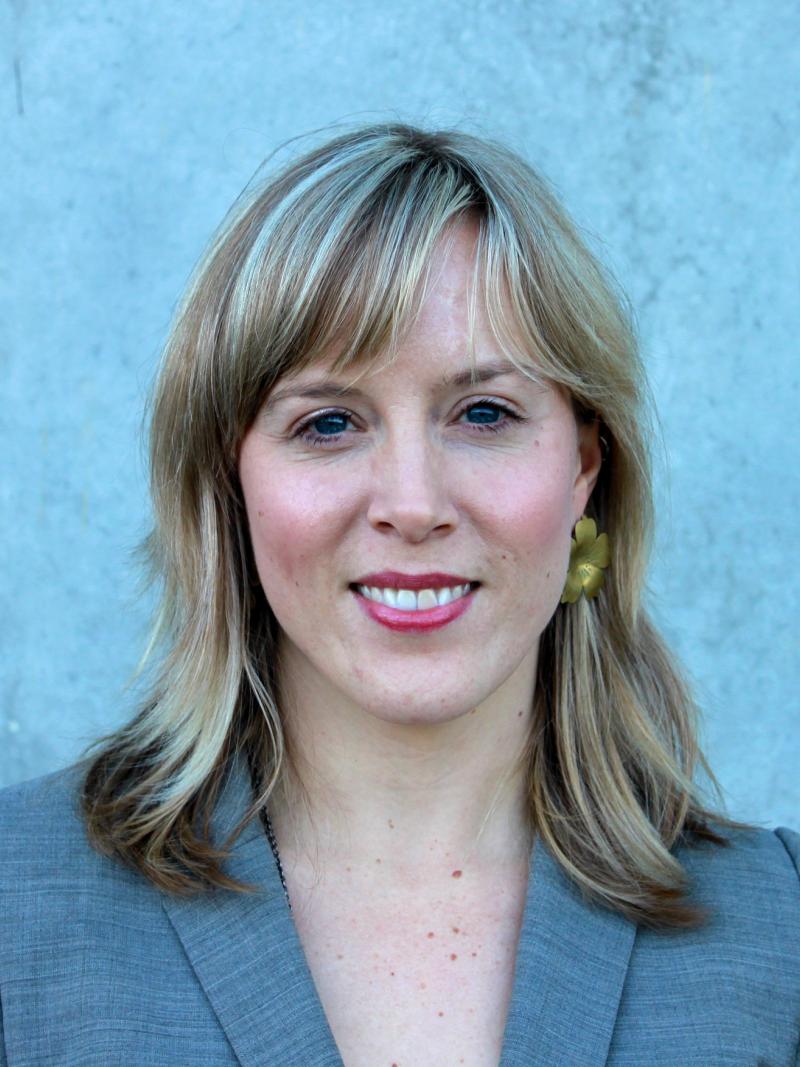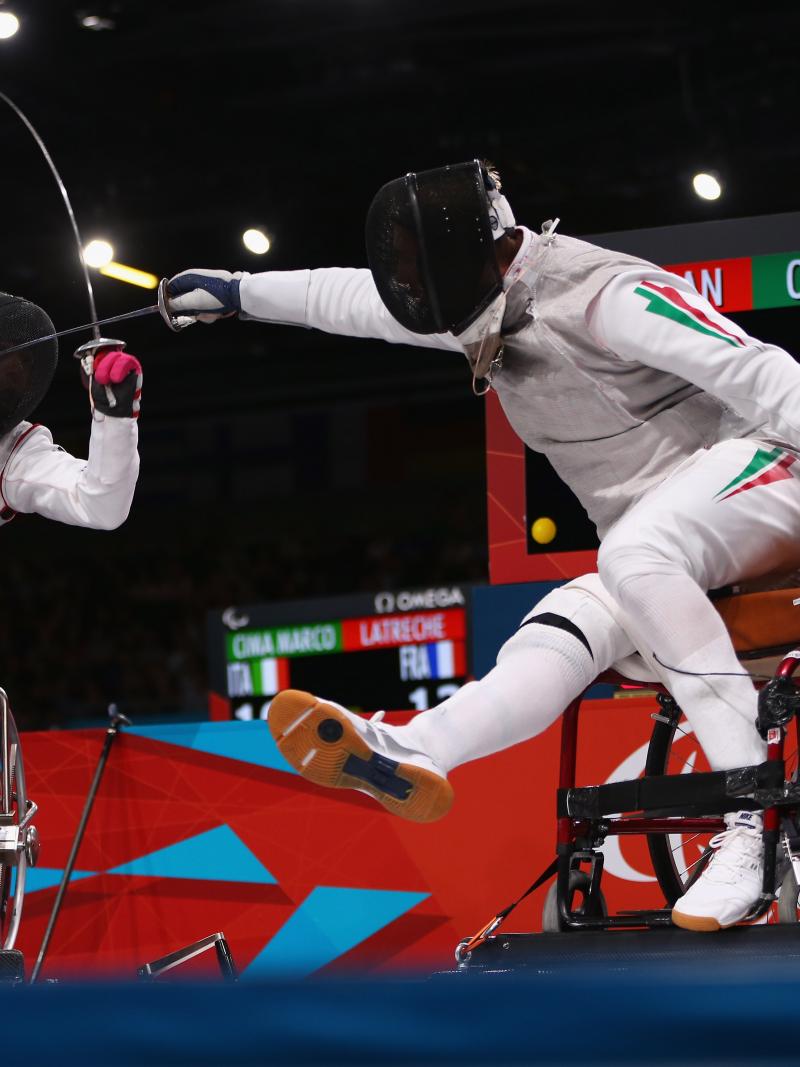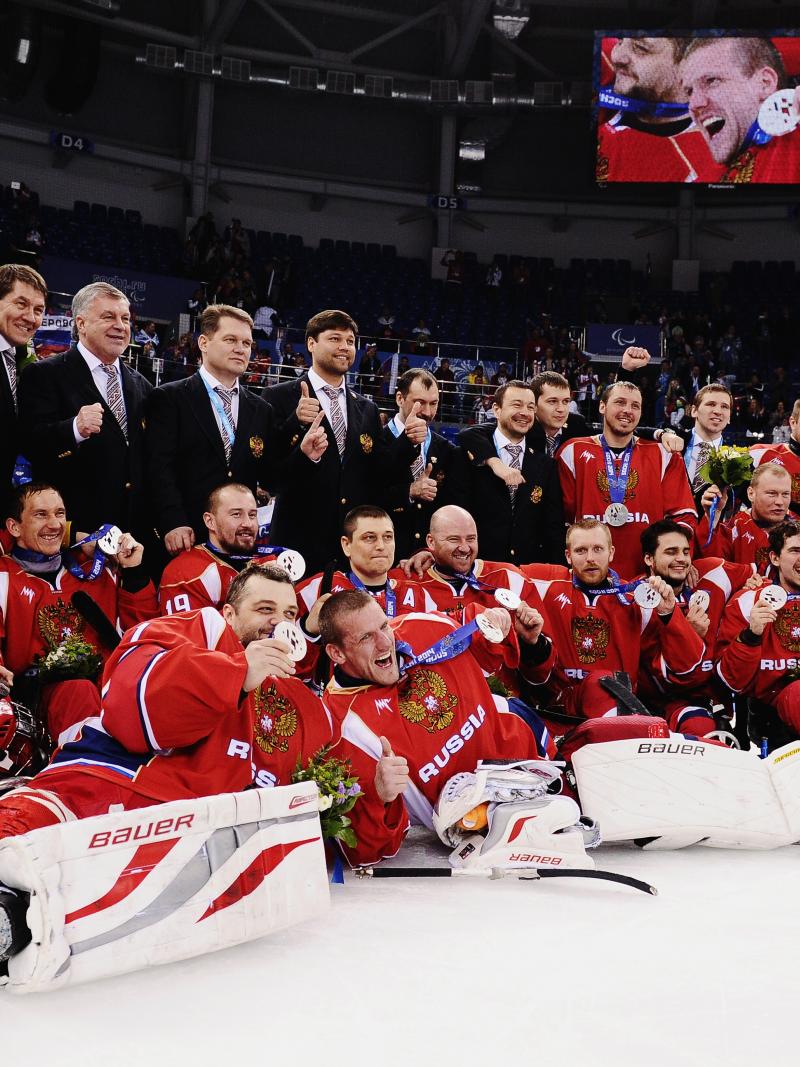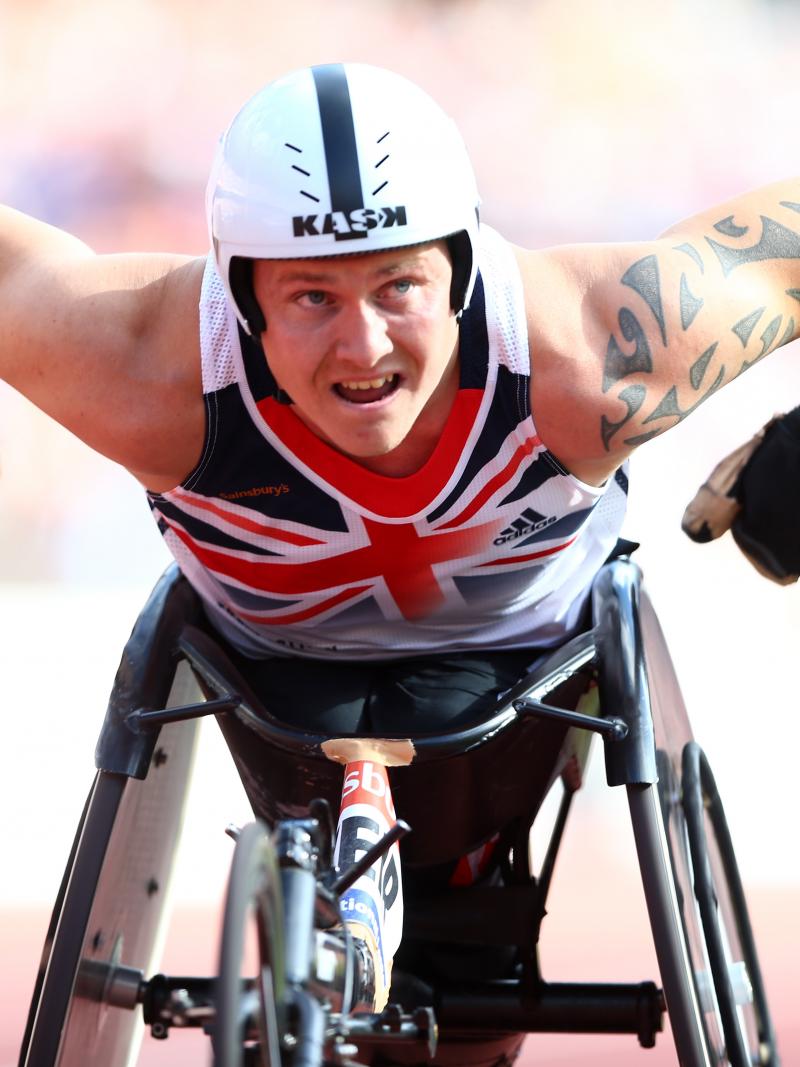IPC hosts Paralympic legacy forum in Bonn
Leaders, researchers and professors discussed the long-term legacies of the Paralympic Games together this week in Germany. 07 May 2014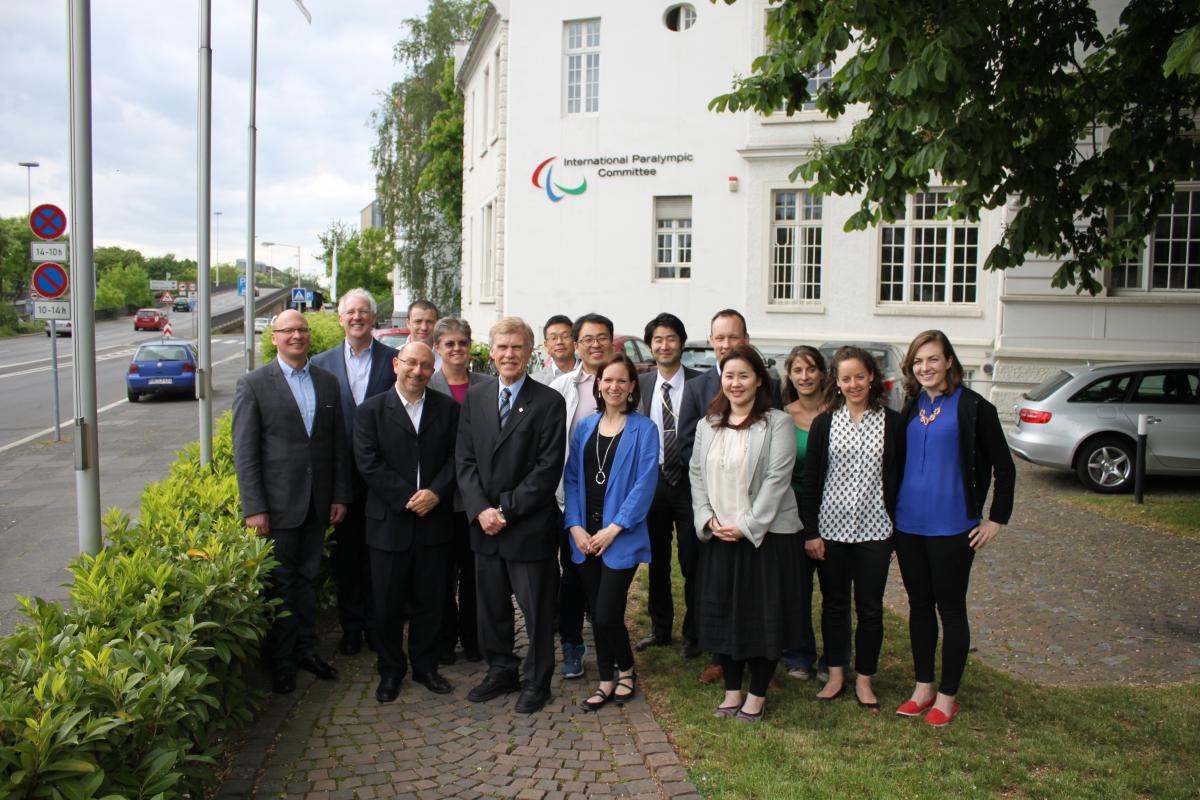
Members of the IPC, academia, NGOs and organising committees pose for a photo in front of the IPC headquarters in Bonn, Germany.
“Through creating a forum to exchange ideas on Paralympic legacies and methods of analysing them, the IPC can review, enrich and validate the impact and legacy fields affected by hosting a Paralympic Games.”
The International Paralympic Committee (IPC), in co-operation with the University of British Columbia Centre for Sport and Sustainability (UBC CSS), hosted an invitational forum from 5-6 May in Bonn, Germany, to engage groups doing research on the impact and legacies of Paralympic Games.
Representatives from academia, government, NGOs and past and future Paralympic Games organising committees discussed legacies from past Summer and Winter Games and lessons learned from how they made those legacy assessments and what legacies occurred.
Key presenters at the forum included the IPC’s Head of Knowledge Management Apostolos Rigas, the IOC’s Research and Reference Service Manager Jocelin Sebastiani, PyeongChang 2018’s Director General of Games Planning and Co-ordination Byungnam Lee and Tokyo 2020’s Director of Paralympic Games Planning Shinji Nakame.
Several professors also presented, including Moscow State University’s Maria Goryachko, the University of British Columbia’s Robert Sparks, the University of Canberra Tracy Dickson and Loughborough University’s David Howe.
Rigas said: “Through creating a forum to exchange ideas on Paralympic legacies and methods of analysing them, the IPC can review, enrich and validate the impact and legacy fields affected by hosting a Paralympic Games.
“This will in turn allow us strengthen our strategies and work to improve potential legacies of future Games.”
Forum attendees discussed aspirations and challenges for sustainable legacies at the upcoming Rio 2016, PyeongChang 2018 and Tokyo 2020 Games, and different ways they can measure those legacies.
In addition, they explored the evolution of media coverage, how to mobilise digital methods, the importance of national and local context, and how to leverage para-sport events for positive social change.
The long-term goal of the IPC is to create an ever-expanding international academic community supporting and measuring Paralympic legacies and research projects in this field.





